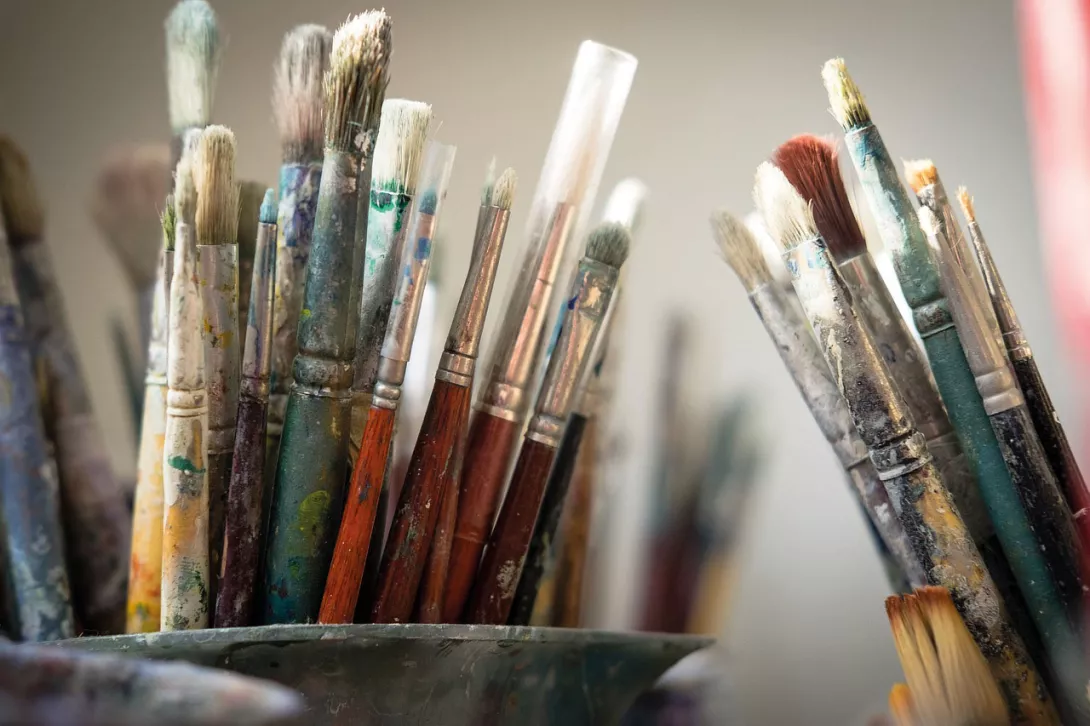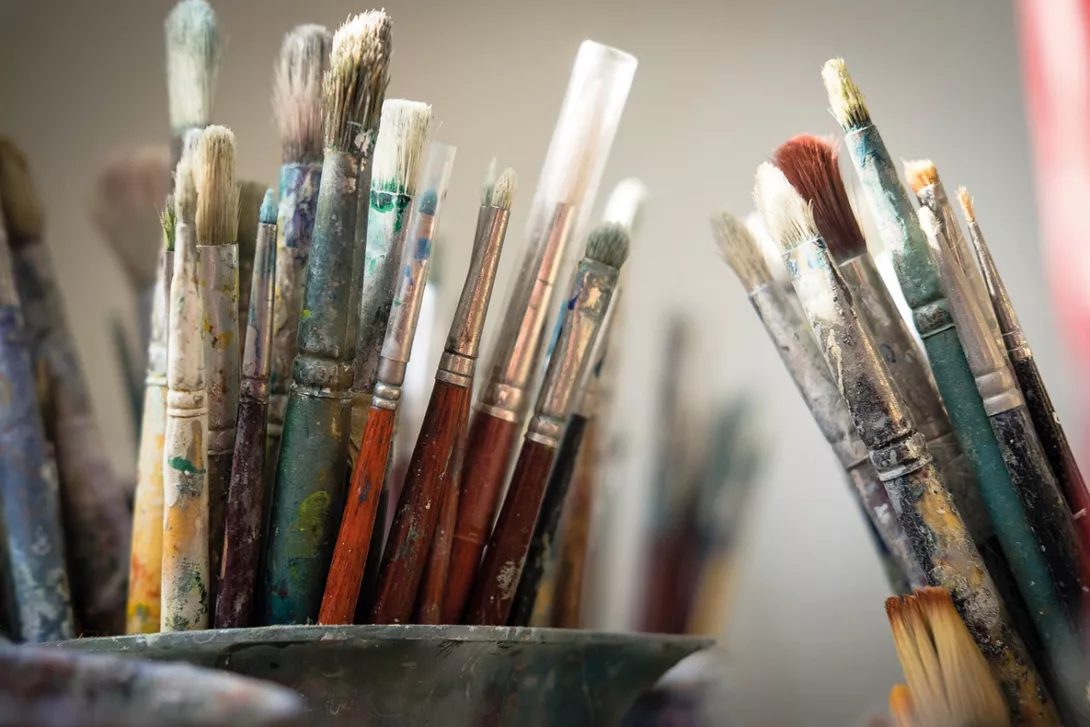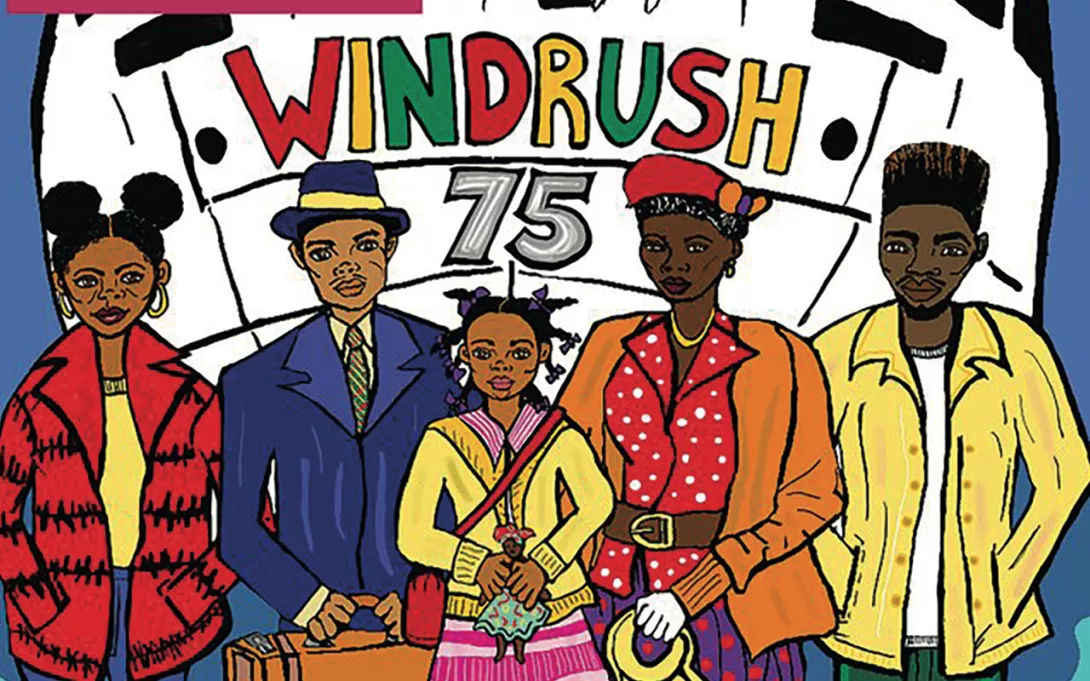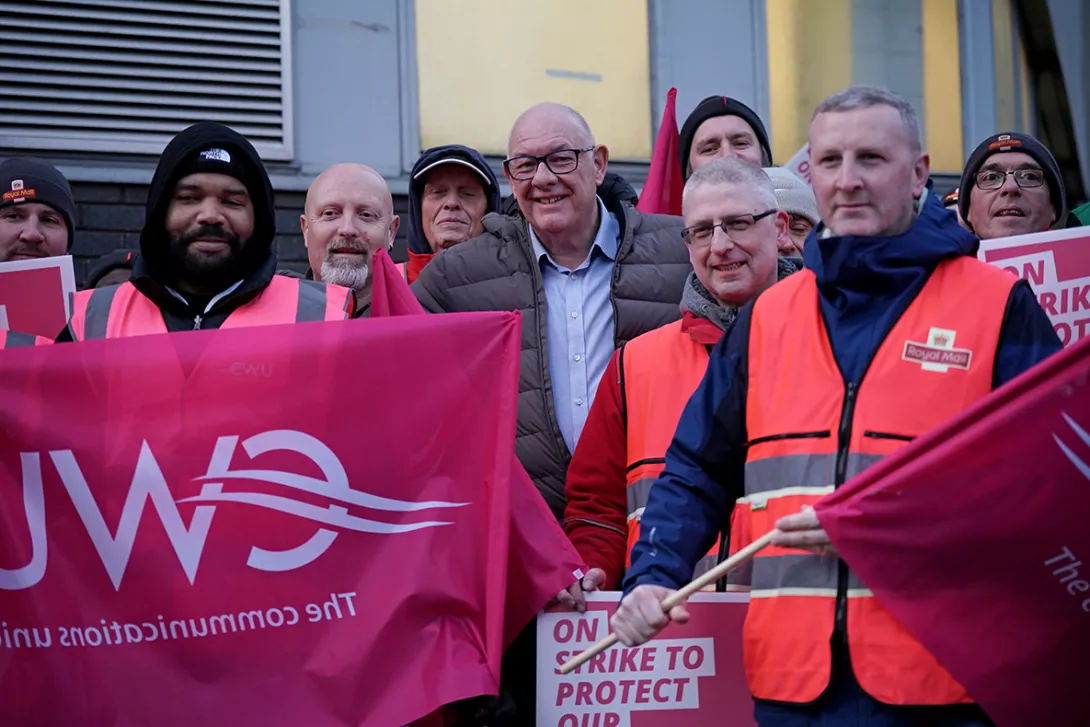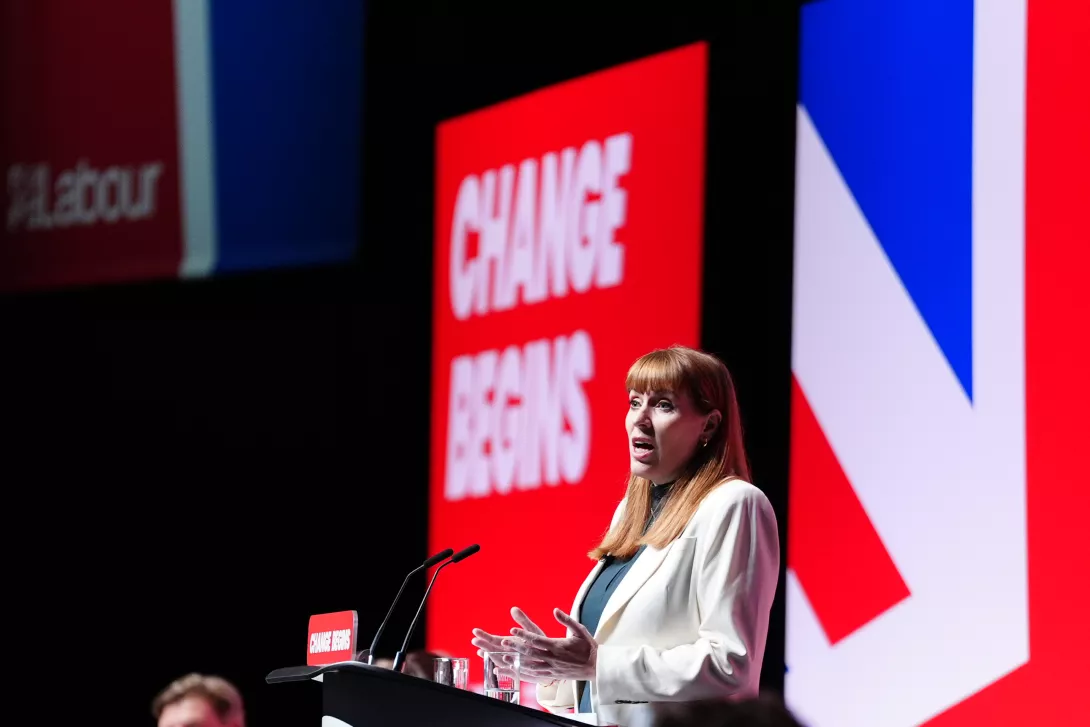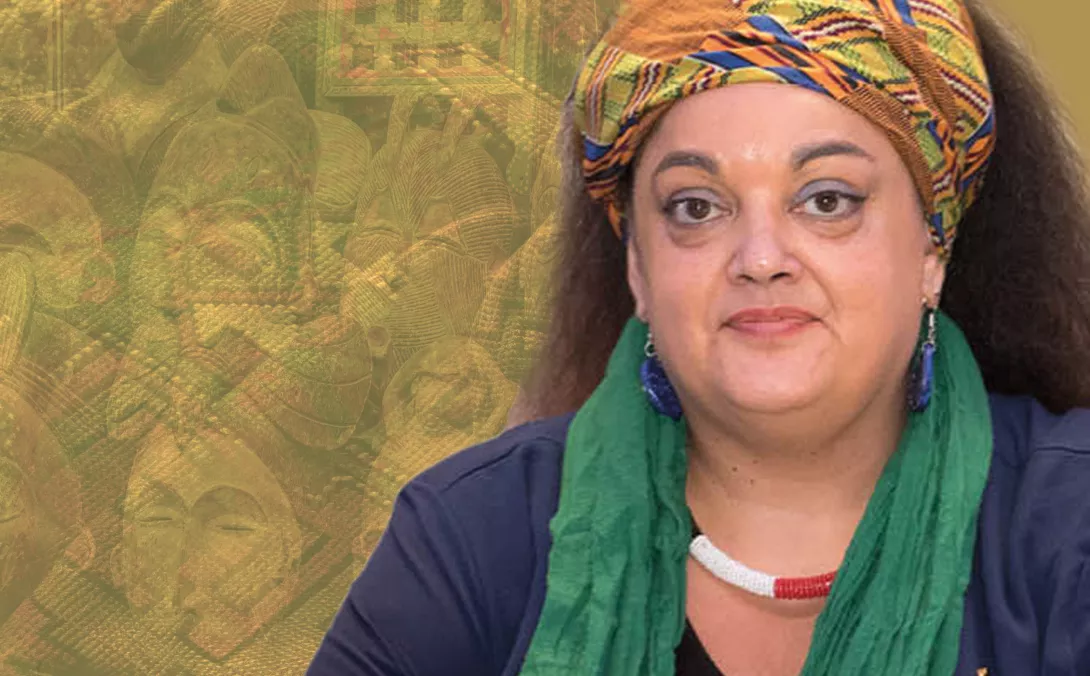
THE majority of our members are self-employed. Working as an artist is precarious work, with people working on a freelance basis, on temporary projects, commissions and contracts.
Self-employed arts and culture workers have already been hard hit by over 10 years of austerity and then we were hit hard by the pandemic — work cancelled with immediate effect and for the foreseeable future — and also found themselves falling between the gaps when it came to government measures to support self-employed people.
Because of the nature of their work, they may not encounter unions and local reps in the way some other workers do, but union organisation is much-needed for these workers. Self-employed workers make up a substantial number of British workers — over 4 million — and in turn make a significant contribution to the economy.
